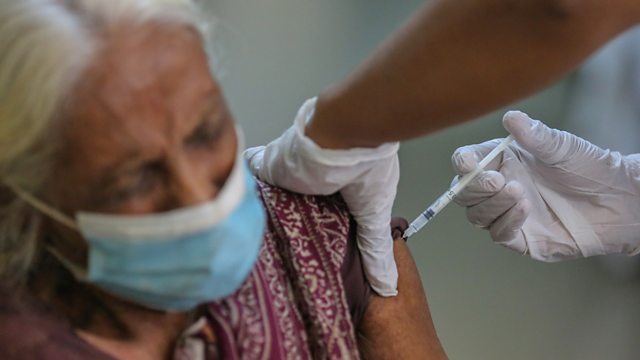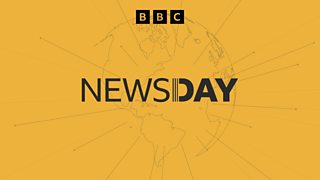Are governments right to suspend AstraZeneca vaccine?
Epidemiologist says keeping the public's trust is vital - but for countries with high transmission rates like the Netherlands, slowing vaccine drives could do more harm than good
Ireland, the Democratic Republic of Congo and the Netherlands became the latest countries to suspend the use of the AstraZeneca Covid-19 vaccine over the weekend due to concerns over possible links with blood clots.
The governments say they've taken the step as a precautionary measure, but as a result 43,000 appointments have been cancelled in the Netherlands alone.
The World Health Organization and other experts say there is no evidence linking this particular vaccine to blood clots and that the same number of blood clots would be expected within a population which hadn't been vaccinated.
Dr Deepti Gurdasani is an epidemiologist at Queen Mary University of London. She says it's a difficult and nuanced decision for governments - especially as they work to retain public trust in vaccines - but for countries with high transmission rates like the Netherlands, it could cost more lives.
"We need to remember that just because something happens around the time a vaccine is given, doesn't means it's linked. And the way to essentially figure that out is to say, 'are we seeing a much higher level than we would normally see?' And in this case that doesn't appear to be so."
(Photo: A woman is given the AstraZeneca vaccine in Sri Lanka. Credit: EPA)
Duration:
This clip is from
More clips from Newsday
-
![]()
'I immediately called my mother, I told her that I was alive'
Duration: 02:21
-
![]()
'People on both sides have suffered enough'
Duration: 04:44






